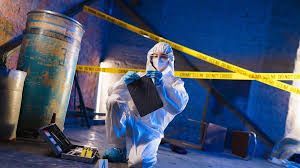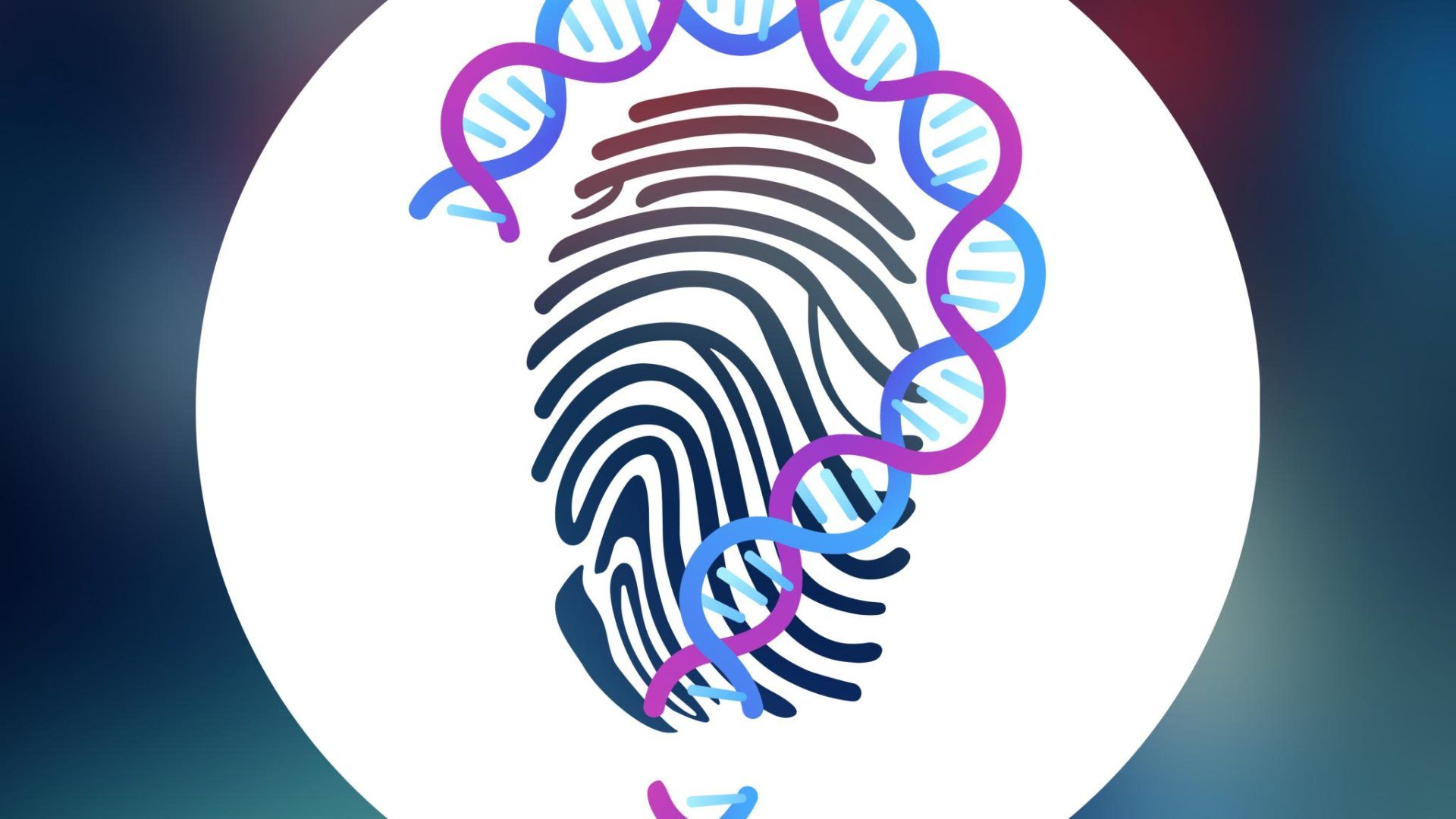Outsmarting Real-Life Criminals in the Virtual World
Editorial: Spotlight Cybercrime Focus:
Outsmarting Real-life Criminals in the Virtual World
With digital devices ubiquitous and a robust digital infrastructure in place, cybercrime has become a major global threat. INTERPOL Spotlight highlights how criminals exploit malicious software, phishing, sextortion, and online scams to deceive individuals, threaten businesses and economies, and maximise profits.
Cybercrime presents evolving challenges for law enforcement, with INTERPOL member nations identifying it as a key threat. Criminals increasingly operate anonymously on the dark web, using cryptocurrencies and encrypted messaging. The rise of cybercrime-as-a-service also lowers barriers to entry for these high-reward crimes.
INTERPOL cyber specialists are exploring strategies to combat sextortion and phishing while protecting connected devices from residential proxies. These proxies exploit the Internet of Things by infecting home devices with malware during manufacturing, allowing criminals to conduct illegal activities unnoticed. “This new danger exemplifies the limitless innovation in cybercrime,” says Sangsoon Kim, emphasising INTERPOL's commitment to bridging gaps among stakeholders to combat this threat effectively.
Read more in the source.
Source: INTERPOL, https://www.interpol.int/Resources/INTERPOL-Spotlight/Issue-2-Cybercrime/Spotlight-Cybercrime-Focus
Image: Interpol.int. https://www.interpol.int/var/interpol/storage/images/0/0/5/6/406500-1-eng-GB/c73cfc531327-Spotlight2-Cyberecrime-Focus-Servers.png









